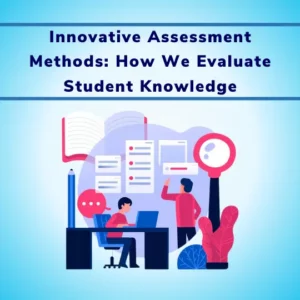Article Contents
Introduction
In the digital age, education is undergoing a seismic shift, not just in how knowledge is imparted but also in how it is assessed. Traditional exams and quizzes make room for more innovative, practical, and personalized forms of evaluation.
Indeed, traditional pen-and-paper exams hold significance, but they come with inherent limitations. These exams often fall short in evaluating a student’s practical, analytical, and problem-solving abilities, as they emphasize memorization over the practical application of knowledge. In our ever-evolving world, industries and employers seek individuals with hands-on experience rather than mere theoretical understanding.
Therefore, educational institutions must embrace innovative assessment methods to enhance students’ employability and practical knowledge. It’s high time we consider alternatives to the conventional pen-and-paper exams.
These new methods promise a more comprehensive understanding of a student’s abilities, beyond the confines of memorization and standardized tests. Let’s explore the forefront of this transformation.
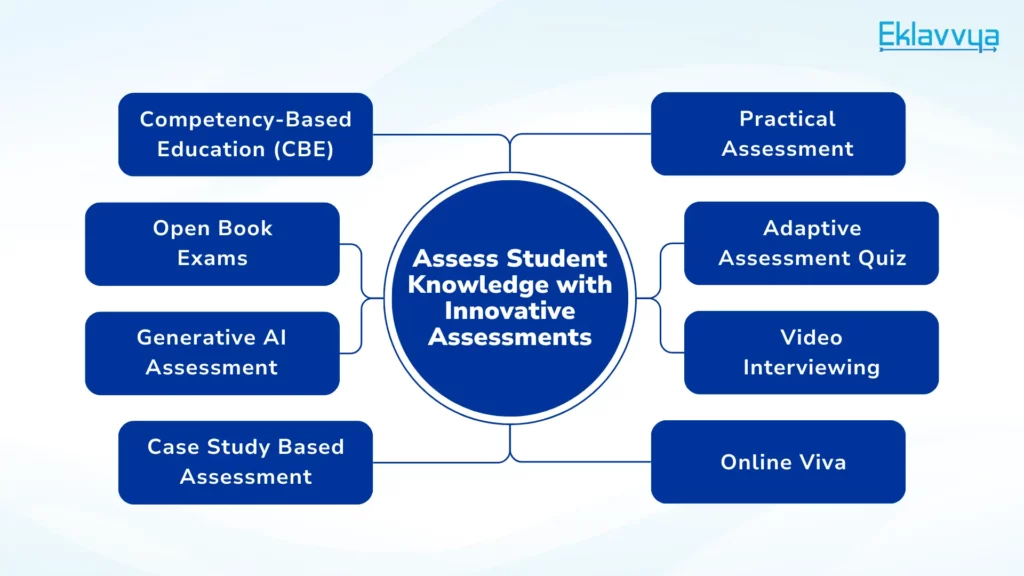
Competency-Based Education (CBE)
Competency-Based Education (CBE) is a transformative approach that flips the traditional education model, prioritizing learning outcomes over time spent in the classroom. Unlike the age-old method of advancing students based on seat time and credit hours, CBE focuses on demonstrating mastery of specific skills or competencies.
This model acknowledges a fundamental truth: learning is not a one-size-fits-all journey. Students come from diverse backgrounds, each with unique strengths, challenges, and paces of learning. CBE caters to these differences, allowing students to progress as they prove they’ve mastered the material, whether that takes a few weeks or several months.
This innovative approach has profound implications for how we assess student knowledge. Traditional tests and grades are often poor indicators of real-world abilities. To adopt competency-based education and learning, you need to explore various methodologies of assessment using technology.
Open Book Exams
Open-book exams are transforming education by shifting the focus from memorization to the application of knowledge. These exams, allowing access to textbooks and resources during tests, emphasize understanding, interpretation, and application of concepts. They aim to foster critical thinking, problem-solving, and information synthesis, essential in today’s dynamic world.
Benefits include reduced exam stress, the promotion of collaborative learning, and enhanced research skills. With the advent of technology, implementing open-book exams has become more feasible, offering a scalable and effective way to assess student understanding and application of knowledge in a realistic manner.
Generative AI Assessment
Imagine a world where AI not only teaches but also assesses how well you’ve learned. Generative AI assessment is making this a reality. This method uses artificial intelligence to create and administer personalized tests, quizzes, and projects, adapting in real-time to challenge students based on their proficiency levels.
A study by the Learning and Performance Research Center found that students assessed with AI-driven methods showed a 25% improvement in learning outcomes compared to those assessed through traditional methods.
The beauty of generative AI is its ability to assess not just what students know but also how they apply it, offering immediate feedback and insights into their learning process. It’s like having a teacher who knows exactly where you’re struggling and tailors the test to help you learn better.
Undoubtedly, generative AI-based assessments offer a more interactive evaluation process, in which the AI poses subsequent questions related to a specific problem.
Candidates must respond based on their previous answers and the skill assessment criteria established for that particular evaluation. The AI system will generate a unique set of questions tailored for each candidate.
Throughout this interactive exchange, the system can analyze the candidate’s problem-solving skills, practical knowledge application, overall analytical abilities, and domain-specific expertise with relative ease. Thus, AI-driven interactive assessments undoubtedly enhance the way candidates are evaluated.

Case Study-Based Assessment
Case study-based assessment takes learning from the abstract to the concrete, putting theory into practice.
Research published in the Journal of Business Case Studies indicates that engaging in case study-based assessments boosts students’ ability to apply theoretical knowledge in real-world scenarios by 30%, underscoring the value of practical, context-rich evaluations
This method evaluates students on their ability to analyze real-world scenarios, make decisions, and justify their choices. It’s particularly effective in fields like business, medicine, and law, where understanding the complexity of real-life situations is crucial.
Through case studies, educators can assess critical thinking, problem-solving, and decision-making skills in a context that mirrors the real challenges professionals face.
Practical Assessment
Gone are the days when learning was confined to lectures and textbooks. Practical assessments are all about applying knowledge in real or simulated environments.
A comprehensive survey by the Association for Career and Technical Education (ACTE) found that a staggering 90% of educators consider practical assessments essential for workforce readiness, highlighting the critical role of hands-on learning in modern education.
This could mean conducting experiments in a lab, performing a piece of music, coding a software program, or even running a mock business.
These assessments are invaluable for subjects where hands-on skills are as important as theoretical knowledge, offering a direct window into a student’s competency and readiness for the professional world.
During assessments, evaluating practical applications can be a challenge for examiners or invigilators, as they must visit candidates performing their tasks.
However, technology offers a solution to streamline this process. Upon completing a practical assignment, candidates can upload their output files, generated by specific tools or software, for evaluation.
This allows examiners to assess the work from any location, significantly improving the efficiency of conducting and evaluating practical assessments with the aid of technology.
Adaptive Assessment Quiz
Adaptive assessment quizzes are the chameleons of the testing world, adjusting their difficulty based on a student’s responses.
This personalized approach ensures that assessments are neither too easy nor too hard, but just right, providing a fair and accurate measure of each student’s knowledge and skills.
It’s a way to keep all students engaged and challenged, pushing high achievers while supporting those who need more help.
Video Interviewing
In a world where communication skills are king, video interviewing as an assessment method is gaining traction.
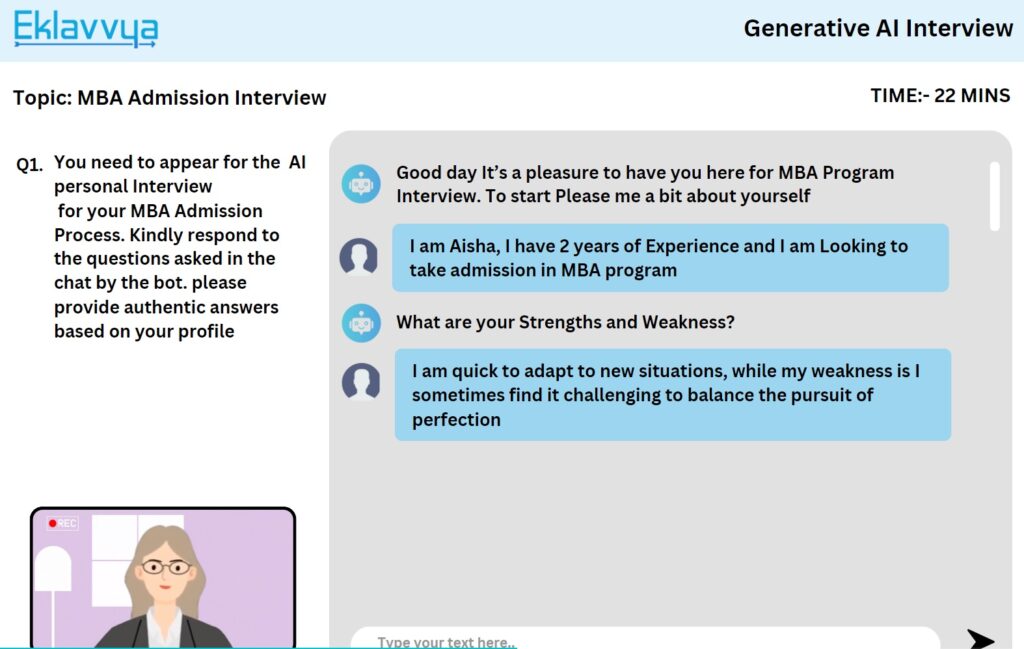
According to the National Association of Colleges and Employers (NACE), students who experienced video interviewing assessments reported feeling 40% more prepared for actual job interviews, highlighting the practical benefits of this assessment form.
This approach evaluates a student’s ability to articulate thoughts, present ideas, and communicate effectively. It’s particularly useful for courses that prioritize presentation skills, foreign language proficiency, or interpersonal communication.
Video interviews can also simulate job interview scenarios, preparing students for the professional world directly and practically.

Online Viva
The traditional viva, an oral examination where students defend their thesis or project, has found a new home online. Online vivas offer the same rigorous assessment of a student’s understanding and ability to articulate their research but with the flexibility and accessibility of digital platforms.
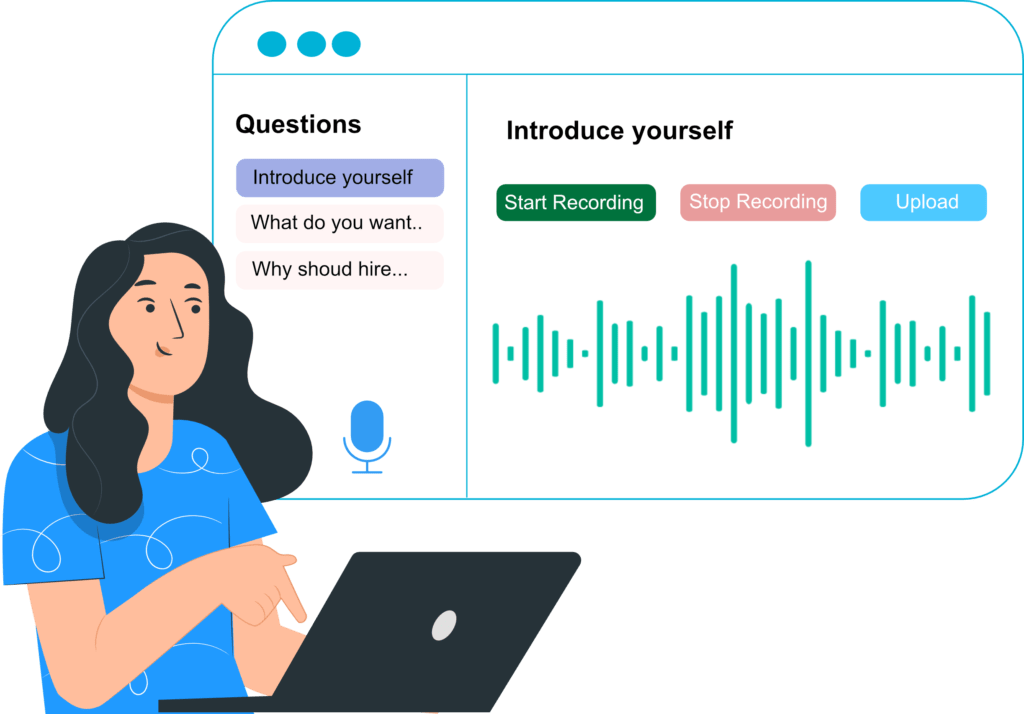
This method is invaluable for remote learning environments, allowing students to showcase their expertise and engage with examiners from anywhere in the world.
Conclusion
The landscape of education is changing, and with it, the methods we use to assess student knowledge. These innovative assessment techniques offer a richer, more nuanced understanding of student learning, emphasizing application, critical thinking, and practical skills alongside traditional knowledge.
As we move forward, these methods are not just alternatives but essential components of a holistic educational experience, preparing students not just for exams, but for the challenges and opportunities of the real world.
Educators and institutions embracing these innovative approaches are not only redefining assessment but are also paving the way for a future where education is more engaging, inclusive, and aligned with the demands of the 21st century. The journey towards this future is exciting, and it’s only just begun.
By exploring and adopting these innovative assessment methods, we’re not just evaluating student knowledge; we’re preparing them for a future that values creativity, adaptability, and lifelong learning. Welcome to the new era of education.
These methods leverage technology, personalization, and real-world application to assess student knowledge and skills more comprehensively and accurately than traditional exams.
Absolutely! Combining traditional and innovative methods can provide a more complete picture of student learning, leveraging the strengths of each to enhance education.
While some methods are more suited to certain disciplines or age groups, the principle of innovation in assessment is applicable across the educational spectrum, with adjustments for context and complexity.
Start small, perhaps by integrating one new method into your curriculum. Utilize the technology and resources available and seek feedback from students to refine and expand your approach.


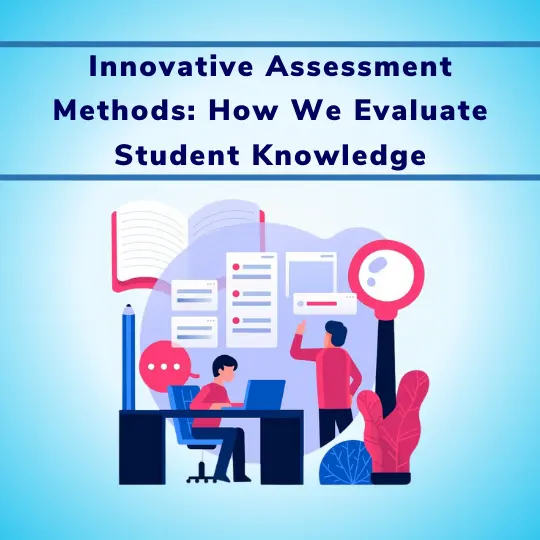
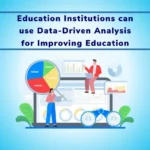
![How Government-Led Exams at 250+ Locations Are Setting New Standards of Integrity [Case Study]](https://www.eklavvya.com/blog/wp-content/uploads/2024/04/Enhancing-Exam-Integrity-Government-Certification-in-250-Locations-150x150.webp)
![Transforming Central Govt. Exams Evaluation: How Onscreen Marking is Leading the Charge [Case Study]](https://www.eklavvya.com/blog/wp-content/uploads/2024/04/How-Onscreen-Marking-Revolutionized-Central-Govt-Exams-Case-Study-1-150x150.webp)
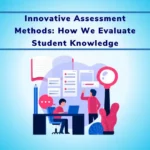
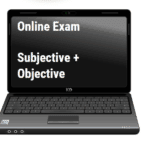
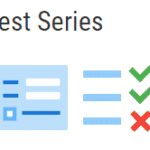
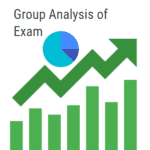
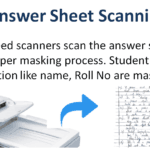








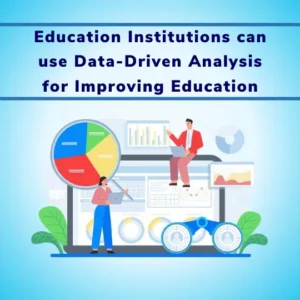
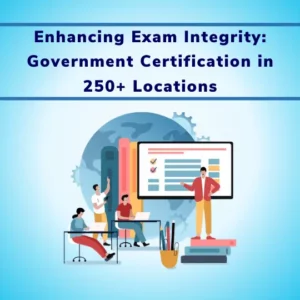
![How Onscreen Marking Revolutionized Central Govt Exams [Case Study]](https://www.eklavvya.com/blog/wp-content/uploads/2024/04/How-Onscreen-Marking-Revolutionized-Central-Govt-Exams-Case-Study-1-300x300.webp)
